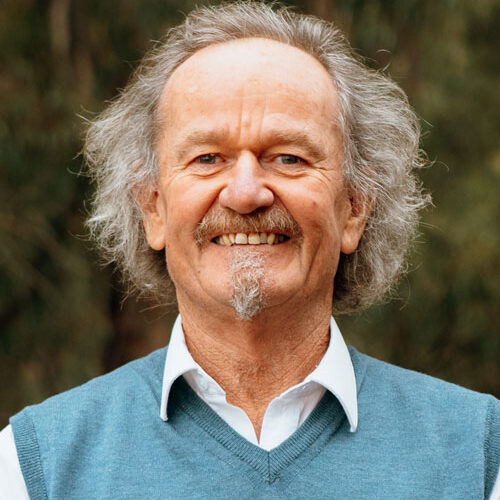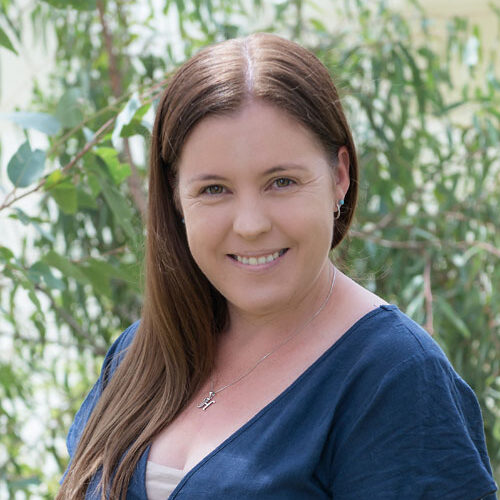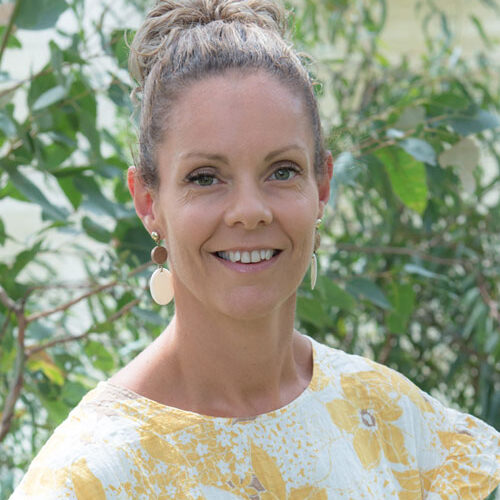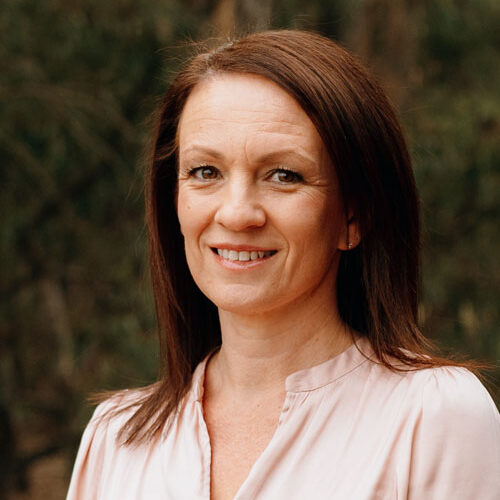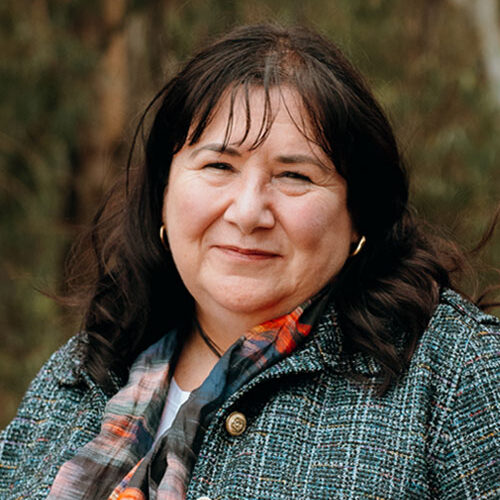Parenting Influences – Do You Parent How You Were Raised?
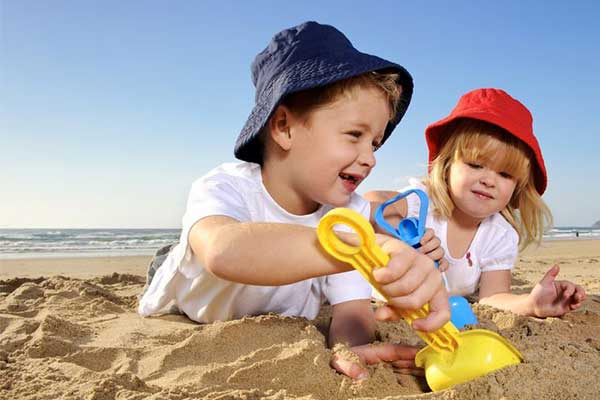
You may recall the Harry Chapin song “Cats in the Cradle” where Harry sang in part my boy is just like me …
Harry, by singing this phrase, reflected on how he parented and how his son turned out “just like me” as it were. This explains why so many people wake up in their 20s and 30s realising to their disbelief that:
- “I have become my mum!” or “I have become my dad!”
- “I swore I would never do to my kids what was done to me, but now I hear myself say and do things I vowed I would not do or say to my children.”
- “I don’t understand why I act as I do or get so irritated!”
How you make sense of your experiences during childhood has a profound effect on how you parent your children. Parenting or Parental influences we’ve experienced while growing up influence how we either unconsciously parent or consciously choose to parent.
There are many behavioural and attachment theories around why we parent the way we do, along with evidence-based models.
The behavioural theory explanation
Your own childhood experiences and the influence they have on how you parent your own children can be explained by behavioural theories and models in Neuro-Linguistic Programming and Neuro-Semantics. Here’s an explanation of what that means.
We’re all born with a profoundly under-developed brain; one with great potential, but also one with no content understanding. From here, it develops in the context of our early home environment - your own lived experience - which is why early experiences are so impactful. Like any “first impression,” your own first impressions about human life, love, and liberty come from your experiences with your parents or primary caregivers. In other words, how they:
- Related to you
- Dealt with various situations in life
- Interacted with you
- Nurtured you
- Cared for you
- Communicated with you
- Treated you, etc.
Parenting influences form your parenting style
Because your own parents or primary caregivers are the ones who expose the first context in which you learn what you learn, and experience what you experience, this creates a dialogue of meaning around it. This fundamentally forms you as an adult and as a parent yourself.
This may be the point where you’re asking yourself – do I really parent as I was parented? The general answer is, for the most part, yes. For many, they tend to parent as they were parented, which is how good and bad parenting get passed on through the generations.
Further evidence from attachment theory
Studies in attachment theory over the past three decades have established that there are some basic attachment patterns that are typically exhibited by parents. After categorising these patterns, research has traced the effect these attachment patterns have in people’s lives.
As a result, we now understand that the patterns of attachment profoundly influence your:
- Wellbeing
- Mental health
- Social intelligence
- Memory
- Resilience
- Learning capacity, and much more.
In Doctor Daniel Siegel’s work, “The Developing Mind: How Relationships and the Brain Interact to Shape Who We Are”, he draws from the original work of John Bowlby, a British psychoanalyst and psychiatrist. His later book “Parenting from the Inside-Out” has, at its heart, a fundamental point about meaning. This concept is that if you are unable to make sense of the experiences of your childhood and have leftover or unresolved issues, then there are things that can (and will) get in the way of your parenting.
So, what are these attachment categories that influence us in this way?
Secure attachment
Secure attachment is a bonding pattern of love and support; parents giving compassion, patience, and time.
Parents are able to “read” their infant’s signals and respond empathetically. These children will show some distress when their caregiver leaves but are able to compose themselves knowing that their caregiver will ultimately return. Children with secure attachments feel protected by their caregivers and know that they can depend on them returning.
Avoidant attachment
Avoidant attachment is a non-bonding pattern; parents are essentially not available emotionally or mentally, or are too preoccupied, busy or stressed-out.
These parents typically disregard or ignore their children’s needs and can be especially rejecting when their child is hurt or sick.
Ambivalent attachment
Ambivalent attachment is an on-and-off bonding pattern; parents are sometimes available, sometimes not. Sometimes as parents, they are highly intrusive, and at other times completely disconnected.
In this type of attachment, the child is generally reacting to an unpredictable home life. That means they are never certain what type of reaction they will get from their parent or caregiver and therefore attempt to control the situation as best they can. Because they never know what to expect, the child will also never understand how they should act when they are introduced to the parent figure again.
This type of child, during their younger years, will generally exhibit very little interest in exploring and may be very uncertain of strangers even if their parent is nearby. When the parent leaves, they tend to exhibit distress. However, when the parent returns, they are generally ambivalent towards them and ignore them.
Anxious-avoidant attachment
Anxious-avoidant attachment exhibits the characteristics of both anxious and avoidant individuals. These individuals tend to have negative views of both themselves and of others, feeling unworthy of support, and they anticipate that others will not support them.
Disorganised attachment
Disorganised attachment is a disorienting non-bonding pattern; parents themselves are unstable and therefore frightening to the child. These parents struggle to maintain ordinary relationships, and a child who experiences this type of attachment often won’t learn healthy ways to self-soothe.
What this means for you as a parent
To summarise the theory, it is believed that to do a “good” job at parenting, you need to be healthy, and present and understand all of the parenting influences that you experienced. Otherwise, various factors and characteristics in children can and will trigger you to respond in an automatically learned way. Behaviours (such as those listed below) from your children may trigger those unwanted automated responses in you as a parent:
- Dependence
- Neediness
- Vulnerability
- Exploration
- Incessant questioning
- Complaining
- Crying, etc.
Why?
Because “When we become parents, we bring with us issues from our past that influence the way we parent our children. Experiences that are not fully processed may create unresolved and leftover issues that influence how we react to our children.” (Daniel Siegel’s Parenting From the Inside-Out 2004, p. 1)
Bringing it all together
Due to our infant brain at birth and our childhood brain, as we grow up, we make sense of things the best we can with a child’s brain from the experiences that we have. That’s why highly stressful and/or traumatic experiences for a child have such a profound effect.
But that’s not all. Because the child’s brain is just developing, all “memory” in the first two years is “implicit memory.” No wonder a child will not remember it and will not remember how they encoded it. This will also be generally true for the first 5 to 7 years of their life.
What the child will develop is an implicit non-conscious mental mind map deep within:
- How life is
- How he/she is
- What people are like, etc.
And because it’s non-conscious, it operates as an automatic program, making that child, when they grow up, reactionary as an adult. The cognitive distortions are still very much alive and embedded inside the mind of the new parent, ready to be activated by the challenging things that our children do. No wonder adults who can seem so mature and grown up in so many aspects of their lives can be unbelievably triggered to behave or react poorly at home. We use the word re-act as it is a repeat or automated response that has been learned over time.
The good news is that this doesn’t have to be the way you react; you can unlearn and relearn the patterns you wish to pass on to your children through your parenting.
Family Coaching and Parenting Coordination
Joliman Lawyers in Victoria provide family coaching and parenting coordination coupled with mediation (if required) and family dispute resolution services to assist families. We have offices in Swan Hill, Echuca and Cohuna. Call us on 03 5032 2121.
Would you like help with your parenting?
Here at Joliman Lawyers, we understand the challenges that parents face when raising children, particularly if they themselves have experienced challenging parenting influences.
Get in touch today to find out more about how we can help you get through the challenging times.





